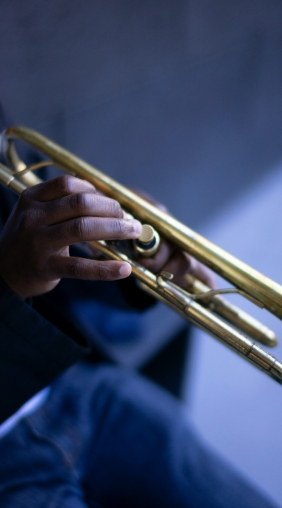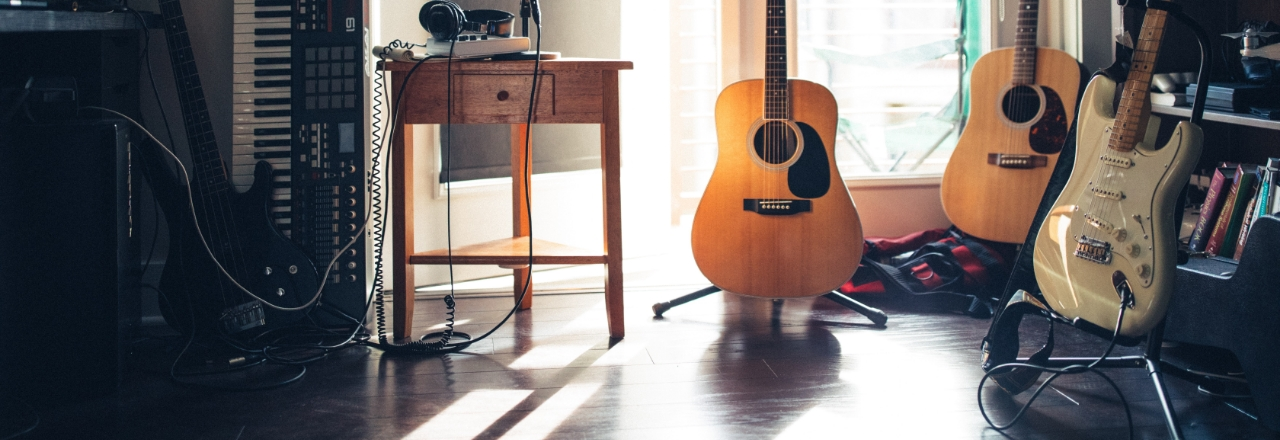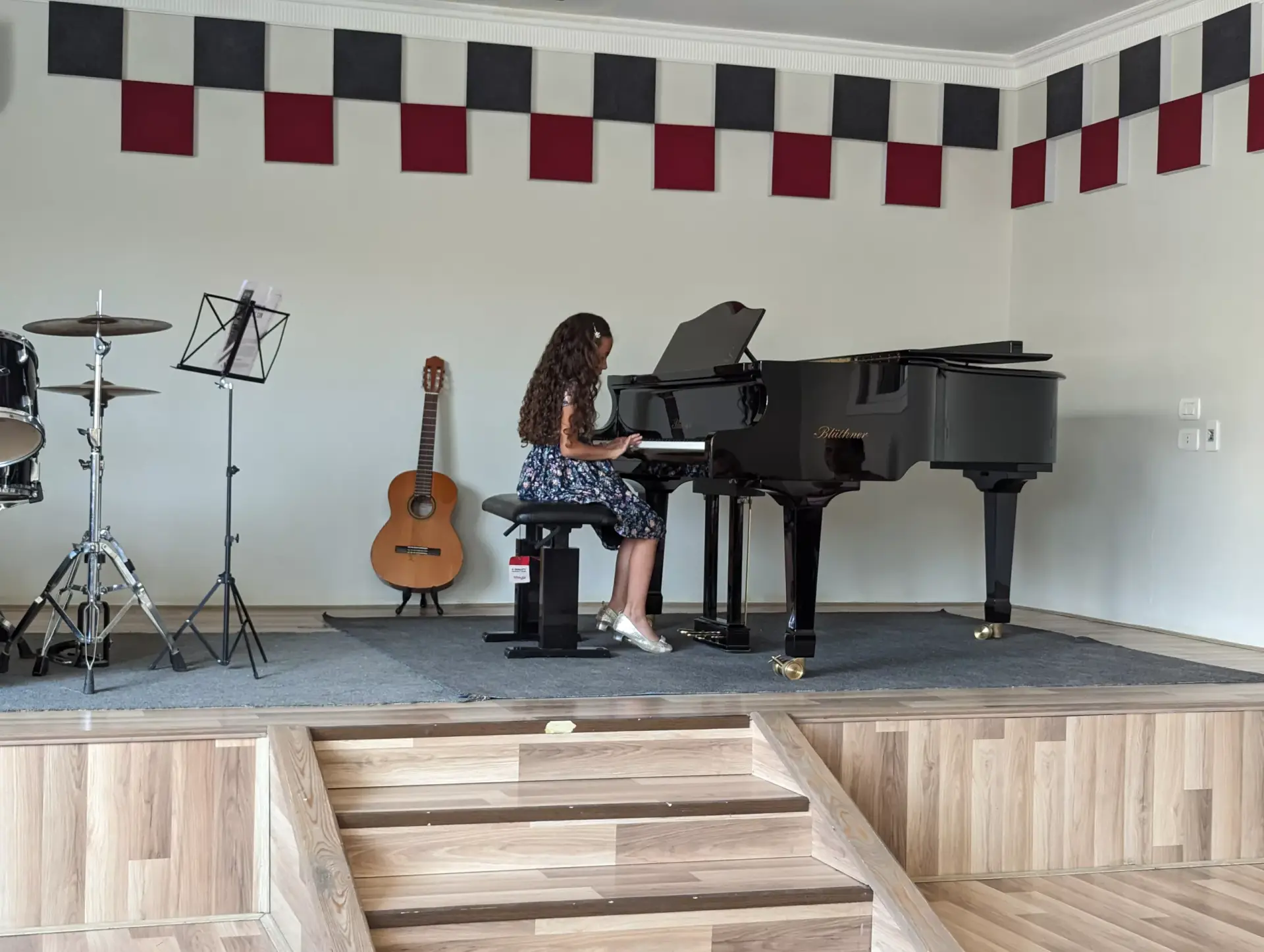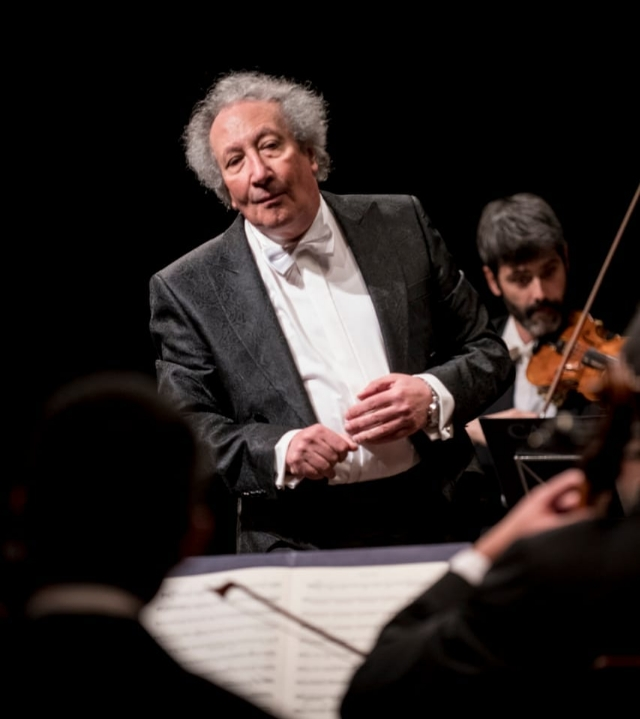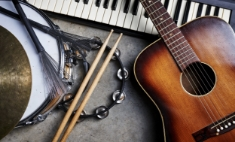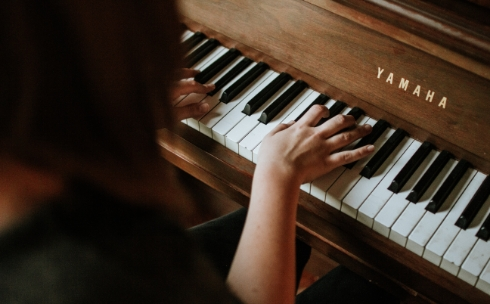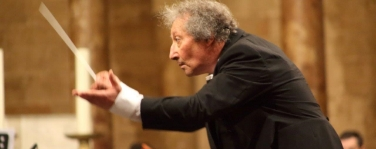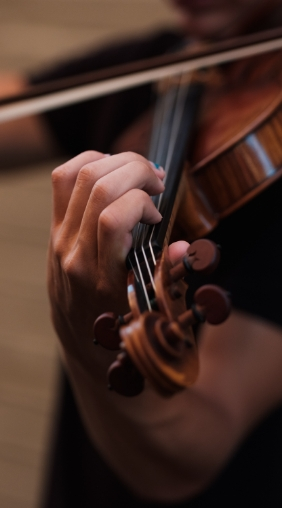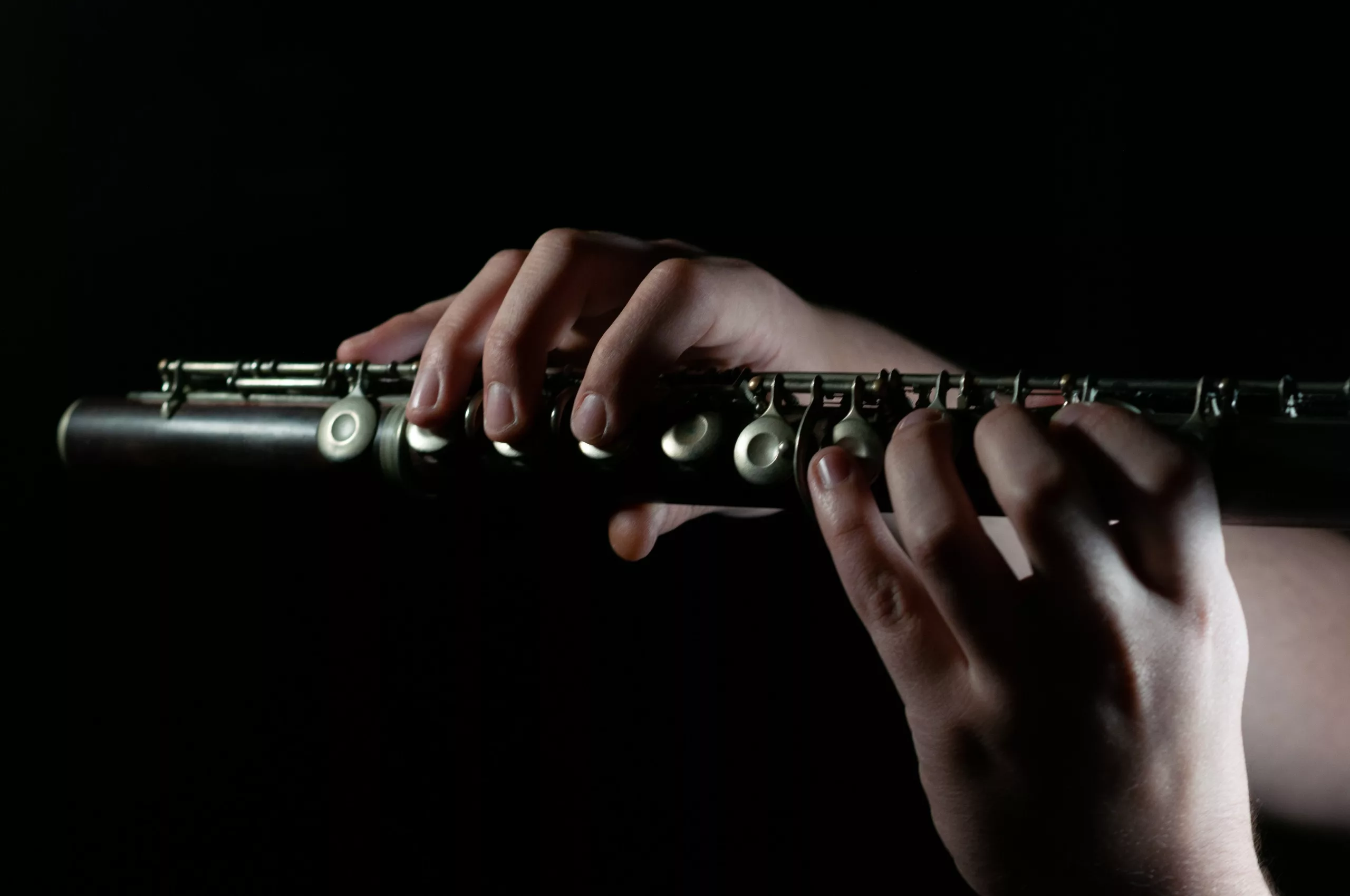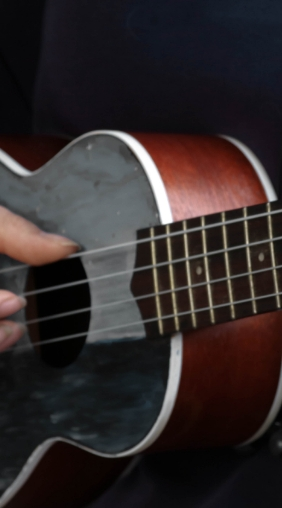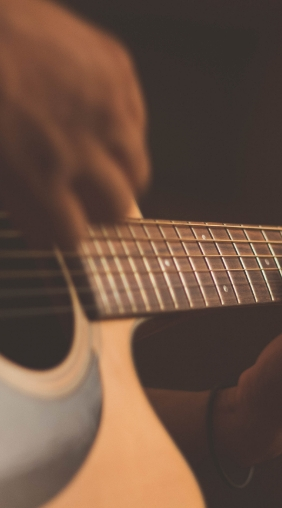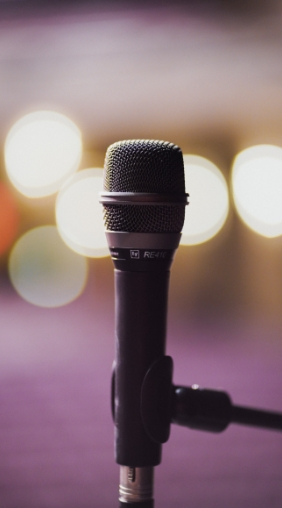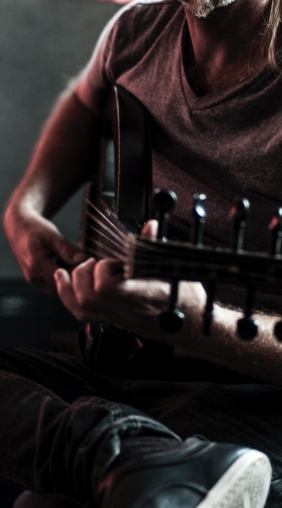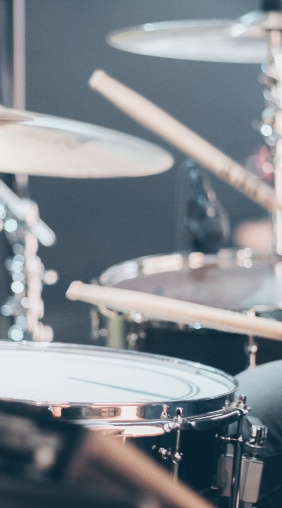b. 10 November 1947, Rosetta
Egyptian composer, now resident in both Austria and Egypt, of mostly orchestral and chamber works that have been performed in Europe and the Middle East; he is also active as a conductor.
Prof. El-Saedi began private studies in Music in Egypt in 1963 and later studied Philosophy at Alexandria University from 1966–68. He studied music theory with Awatif Abdel-Karim and Gamal Abdel-Rahim and piano with Vsevolod Demidov and Libuše Křepelová at the Conservatory of the Academy of Arts in Cairo from 1968–71 and there earned his BMus with excellence. He then studied composition with Sergey Balasanian at the P. I. Tchaikovsky State Conservatory in Moscow in 1973–74 and studied composition with Friedrich Cerha, conducting with Otmar Suitner and Schenkerian analysis with Franz Eibner at the Universität für Musik und darstellende Kunst in Vienna from 1976–84, where he earned a degree in conducting in 1982 and a degree in composition in 1984, as well as the Magister Artium in 1985. He also attended seminars on conducting and musical phenomenology with Sergiu Celibidache at the Johannes Gutenberg-Universität Mainz from 1978–80.
Among his honours are the Medalha Século Villa-Lobos from the government of Brazil (1988), the State Prize for Composition in Egypt (1995) and the State Prize for Outstanding Achievement in the Arts in Egypt (2000).
As a conductor, he served as guest conductor of the Cairo Symphony Orchestra from 1981–88, as its assistant conductor from 1991–93 and as its resident conductor from 1993–96 and has served as its music director and principal conductor since 1996. He served as principal conductor of the Wiener Virtuosen Kammerorchester from 1986–88, as conductor of the Orchestra of the Conservatory of the Academy of Arts in Cairo from 1987–89 and as music director of the Egyptian Chamber Orchestra from 1989–95. In addition, he has served as artistic director of the A Cappella Choir in Cairo since 2001. He has conducted orchestras in Austria, Brazil, Bulgaria, Canada, Croatia, Cyprus, the Czech Republic, France, Germany, Hungary, Italy, Lebanon, Lithuania, Mexico, Poland, Portugal, Romania, Slovakia, South Korea, Syria, Turkey, the UK, and the USA.
He is also active in other positions. He founded the International Workshop for Orchestral Conducting in Cairo in 2001 and the Arabic Perspectives Festival in Cairo in 2002.
He taught as an associate professor at the Conservatory of the Academy of Arts in Cairo from 1988–92 and in 1996–97 and has taught as Professor of Orchestration, Schenkerian Theory, Score Reading, and Tonal Harmony there since 1997, where he has also served as chair of the department of composition and conducting since 1997.
He has lived in both Austria and Egypt since 1976 and became a citizen of Austria in 1985.
In addition to the works listed below, Prof. El-Saedi has composed didactic music, film scores and popular songs, as well as incidental music for stage and TV productions.
